Comprehensive Diagnostic Imaging
Exceptional Service.
Expert Results. Affordable Prices.
Specialists in Imaging
Specialty Imaging located in Danbury, CT is dedicated to providing exceptional, personalized care for our patients. Our staff technologists are specialty trained and certified by the American Registry of Radiologic Technologists or the American Registry of Diagnostic Medical Sonographers. Our radiologists provide expert readings and are sub specialty trained in Mammography, Body Imaging, MusculoSkeletal Imaging, Neuroradiology and Interventional Radiology.
Utilizing the latest advances in imaging combined with the state-of-the-art techniques, our goal is to treat our patients with comfort and compassion.
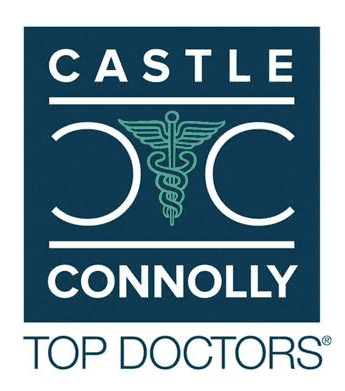


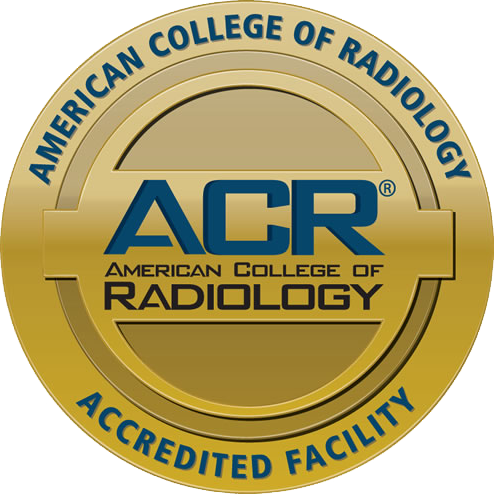
Experienced Radiologists
Each of our radiologists has completed extensive education and clinical training as well as specialized training in their area(s) of expertise. They are board-certified professionals who hold memberships and fellowships in prominent medical organizations.
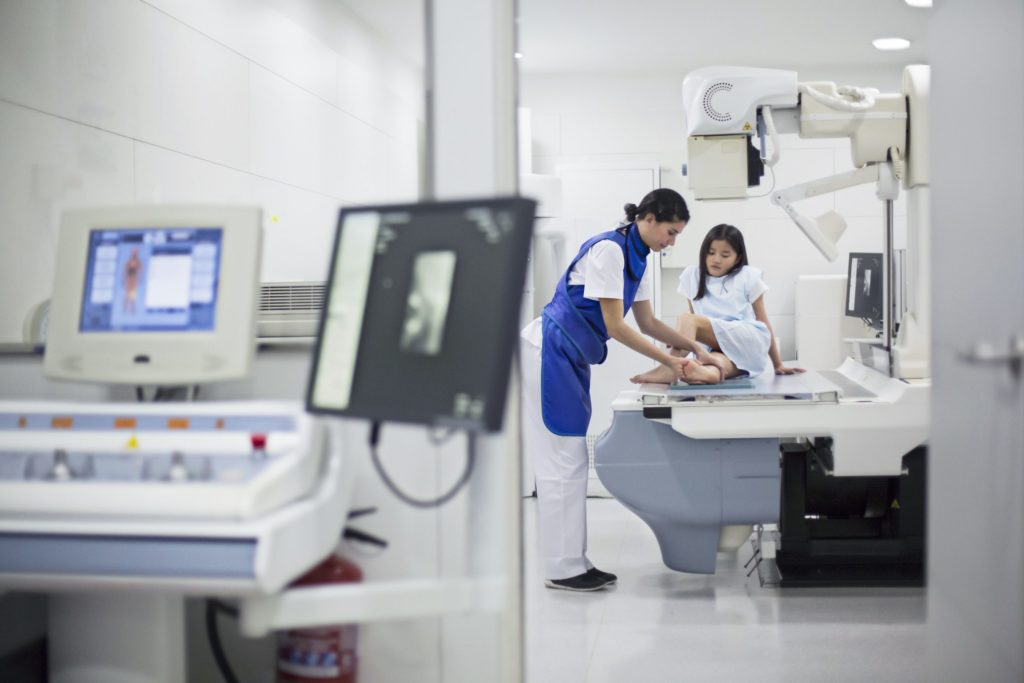
Our Services
We are committed to providing you with a superior level of care in a friendly and personalized environment. Our practice is dedicated to providing imaging services for our patients, with pleasant surroundings in a state-of-the-art facility.MRI Interpretations
Magnetic resonance imaging (MRI) is a safe and painless test that uses a magnetic field and radio waves to produce detailed pictures of the body’s organs and structures. Our fellowship-trained radiologists read patients’ MRI images as part of the comprehensive diagnostic process.

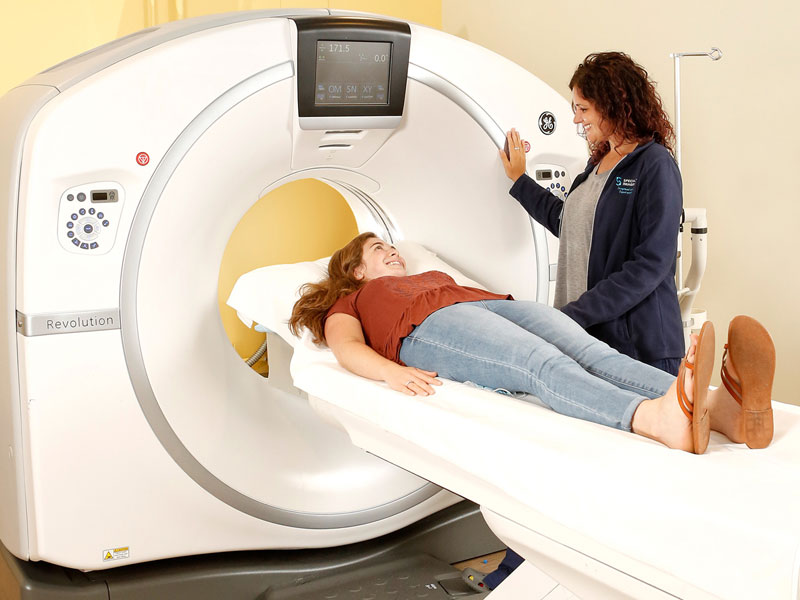
CT Readings
Computerized axial tomography (CT) is a painless X-ray test in which a computer generates cross-sectional views of a patient’s anatomy. It can identify normal and abnormal structures, and may also be used for procedures. Our radiologists read high-quality CT images to provide our patients with the most accurate interpretations possible.
Digital X-Ray Readings
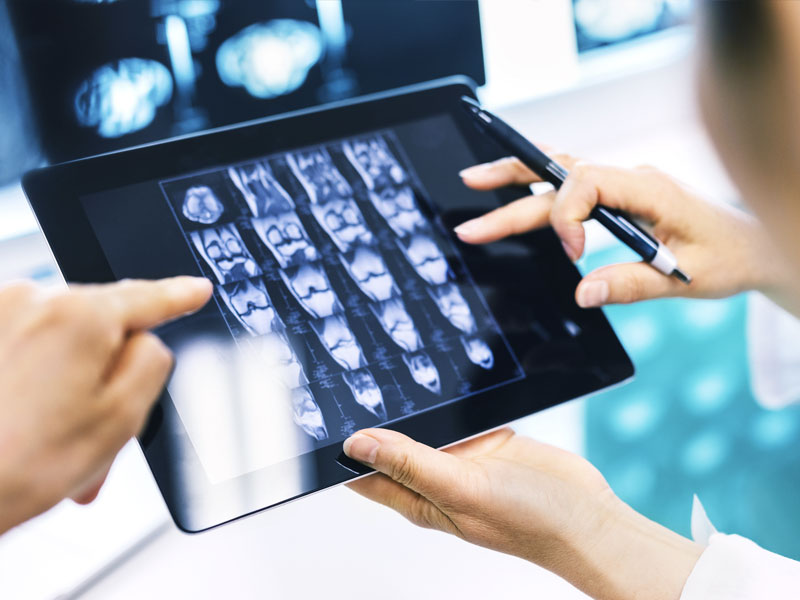
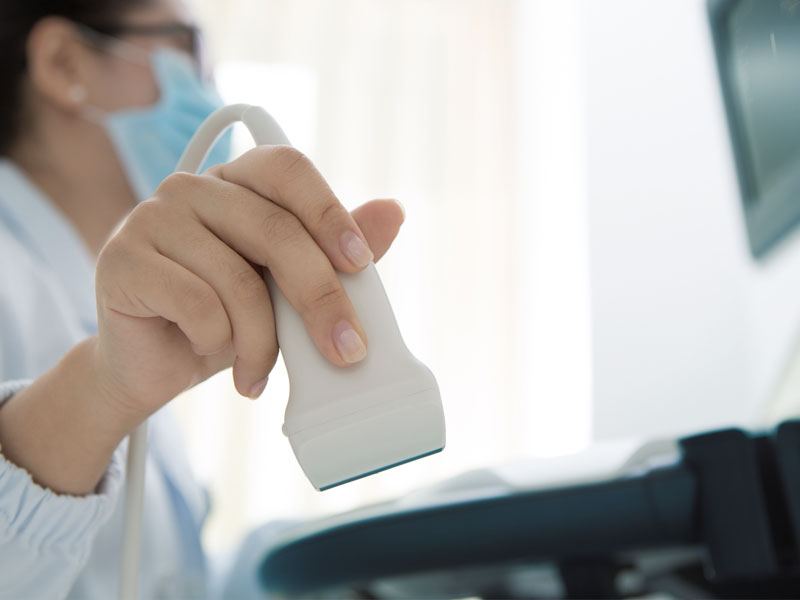
Diagnostic Ultrasound
Diagnostic ultrasound, also called sonography or diagnostic medical sonography, is an imaging method that uses a transducer with high-frequency sound waves to produce images of structures within the body. The images can provide valuable information for diagnosing a variety of diseases and conditions.
What Our Patients are Saying
Read more →“I recently had an MRI and the tech (Hector) was EXTREMELY patient and kind with me. He helped me and gave me kind words of encouragement and I was able to complete the test. The front staff have been and are also very kind and helpful. I would highly recommend this facility for any imaging services they offer.”
“Exceptional care and service-from scheduling the appointment to the procedure everyone I encountered was friendly, professional and caring. They go above and beyond to make you comfortable and less anxious. They were able to schedule a follow up scan just hours after they called to tell me I needed to come back in. I really appreciate their ability to accommodate early morning and late evening hours.”
“Everyone was so kind to me. They made me feel comfortable during my entire visit - going above and beyond. Perfect Covid protocols in a clean environment. Highly recommend!”
Featured Blog Posts
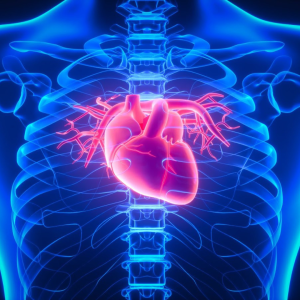
CT Cardiac Calcium Scoring: Early Detection of Heart Disease
Computed tomography (CT) cardiac calcium scoring is a fast, painless, and non-invasive procedure that detects plaque buildup in your coronary arteries. This advanced test specifically
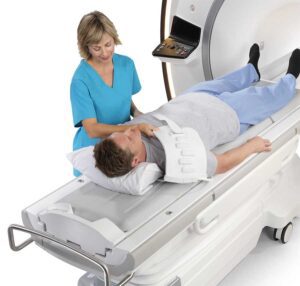
What Happens During an MRI?
During your MRI you will lie on a padded table. We do our best to make you feel as comfortable as possible. The table then
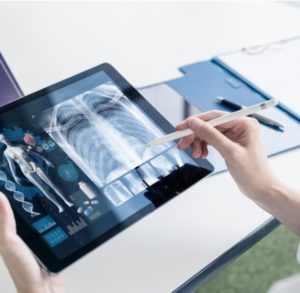
Types of Diagnostic Radiology and Medical Imaging
The most common diagnostic imaging technologies used by radiologists are the following: X-ray This medical imaging technology uses low-dose radiation and a specialized plate to



